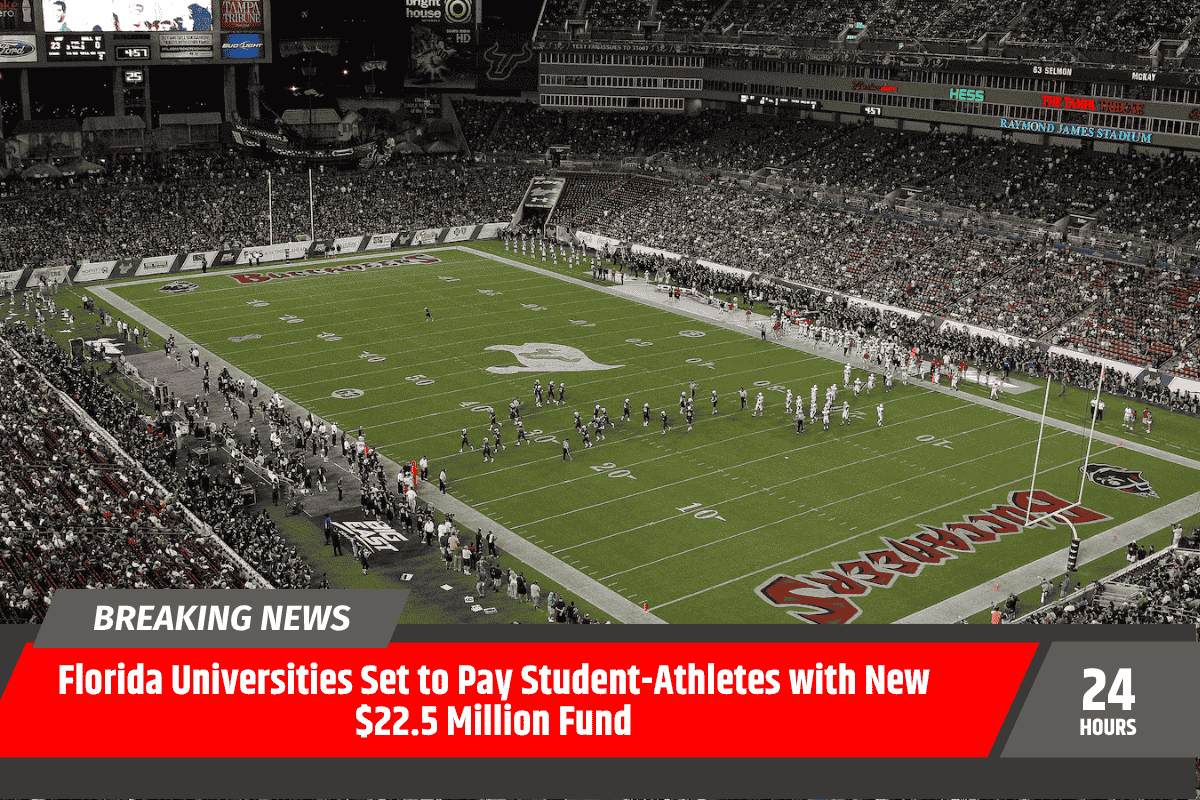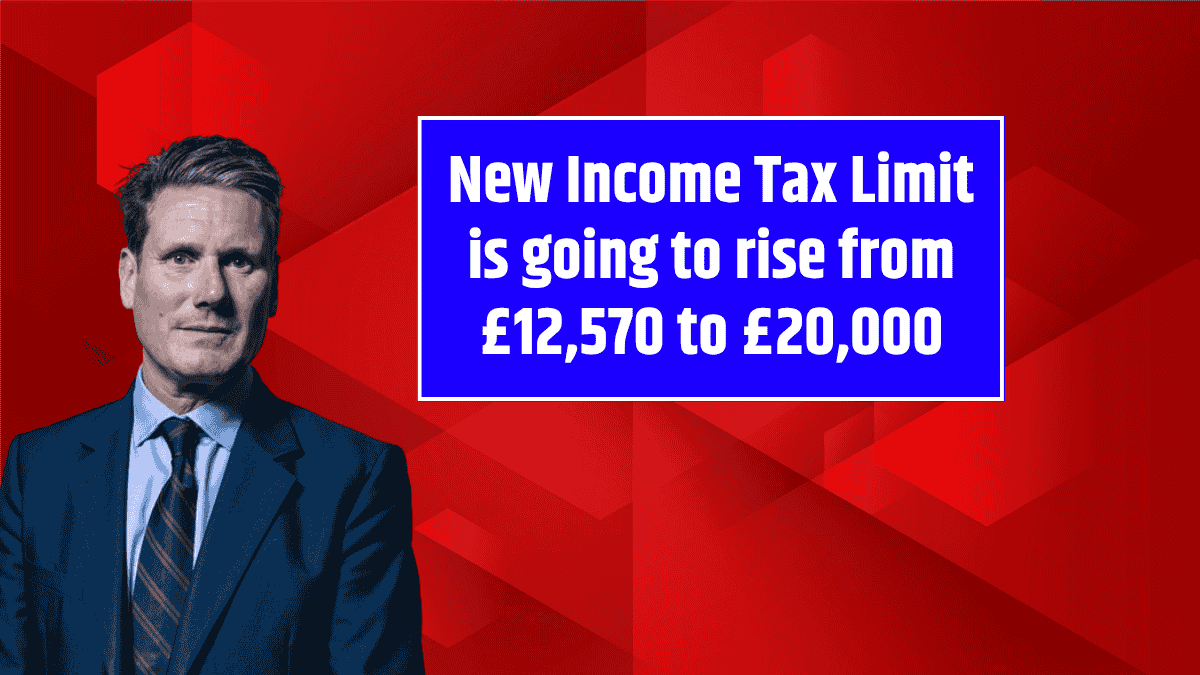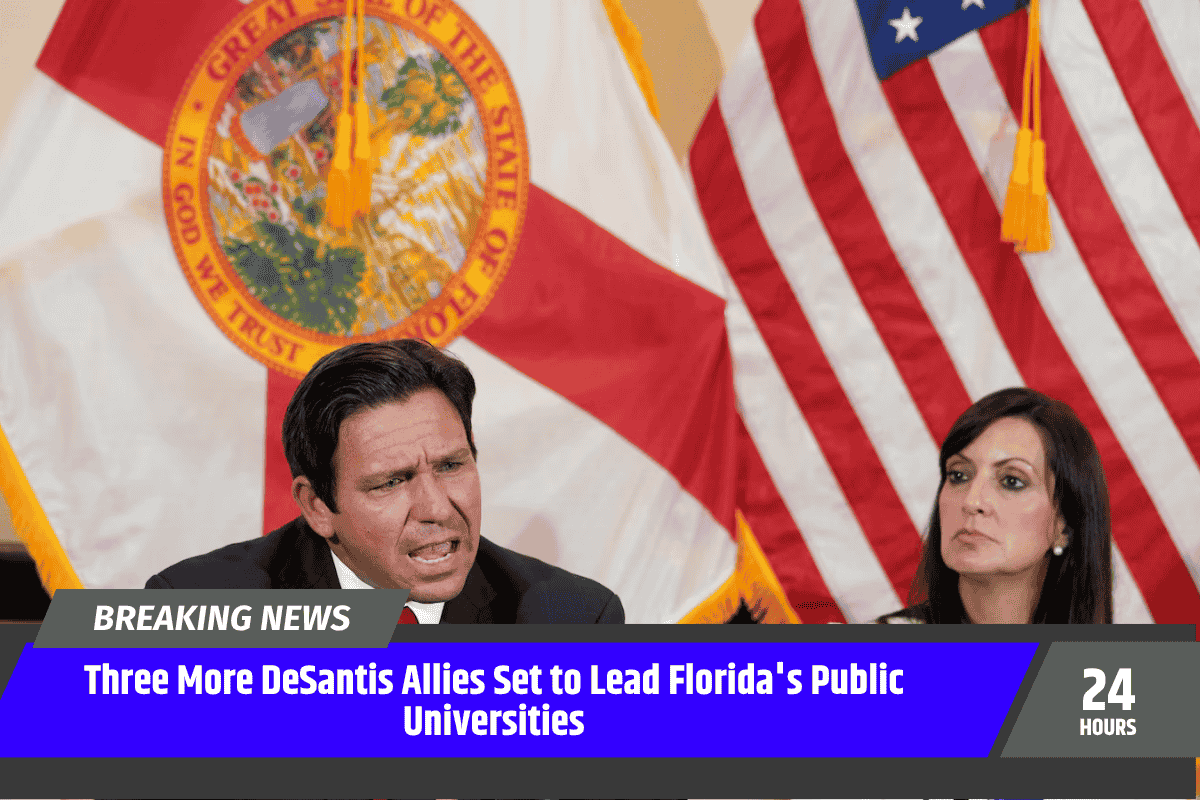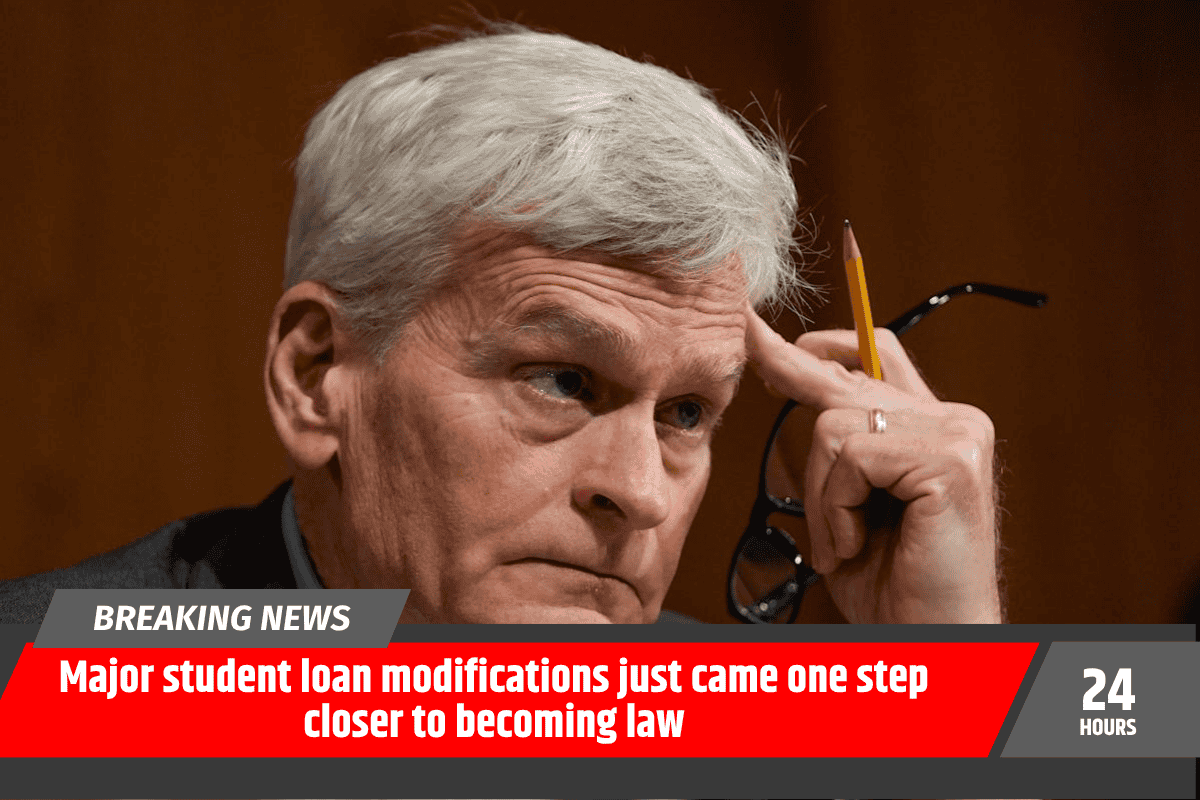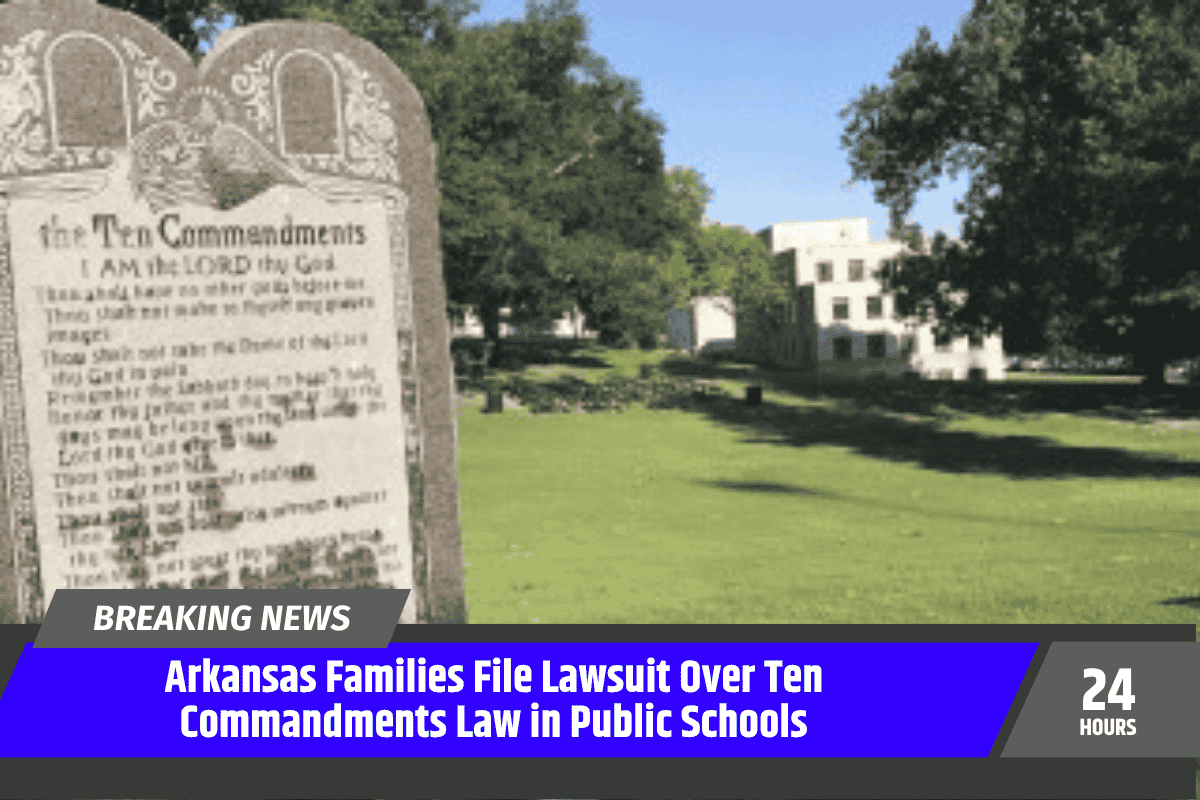Florida’s public universities are preparing to pay student-athletes a portion of $22.5 million annually, thanks to a new emergency rule approved by the state’s board of governors.
This move comes just ahead of a major legal settlement that will change how college athletes are compensated.
Starting July 1, a landmark antitrust settlement will allow universities to pay their athletes directly through deals involving their name, image, and likeness (NIL).
The Historic Legal Settlement and Its Impact
The $2.8 billion antitrust settlement, which will take effect on July 1, marks a significant shift in the world of college athletics.
For the first time, schools will be able to directly compensate their athletes for using their names, images, and likenesses in promotional activities.
This change will drastically alter the landscape of college sports, which has traditionally been based on amateurism, with athletes receiving scholarships but no direct payments for their participation.
As a result, universities across the United States are scrambling to find new sources of revenue to stay competitive in the evolving world of college sports.
The legal settlement is expected to impact everything from recruitment to team rosters, as schools will now be able to offer athletes more financial incentives to join their teams.
Florida’s Strategy to Support Student-Athletes
To stay ahead, Florida’s public universities are leveraging campus auxiliary programs—such as bookstores, food services, student housing, and parking—to fund the payments to student-athletes.
The $22.5 million per year will be accessible to athletic departments, which can use the money as either transfers or loans to pay the athletes.
This emergency rule, approved on Wednesday, is a quick response to the legal changes, ensuring that Florida’s schools can remain competitive in recruiting and retaining top athletes.
Alan Levine, vice chair of the board of governors, explained that universities need clear guidelines on available funding to continue attracting the best talent for their athletic programs.
Financial Impact and Nationwide Adjustments
The approval of this emergency rule comes at a time when many other schools are also looking for ways to address deficits in their athletic departments.
For instance, the University of Kentucky recently approved a $31 million loan to its athletics department to begin paying athletes directly.
Louisiana is planning to raise taxes on sports betting to generate more than $24 million for its athletic departments, while Arkansas became the first state to waive taxes on payments made to athletes by higher education institutions.
The approval of this emergency rule is a major step for Florida’s public universities as they adapt to the new reality of paying student-athletes for their NIL rights.
With the landmark legal settlement set to change the financial landscape of college sports, Florida’s universities are taking proactive steps to ensure they can continue to compete at the highest level.
As other states and universities take similar actions, the future of college athletics will likely look very different, with athletes receiving compensation that was once unimaginable.

